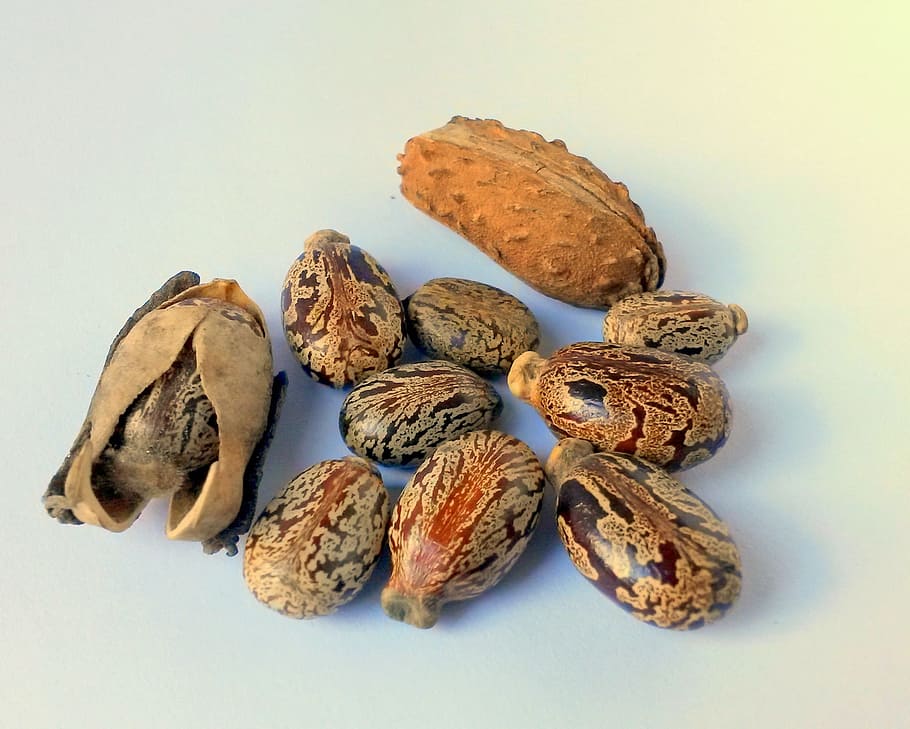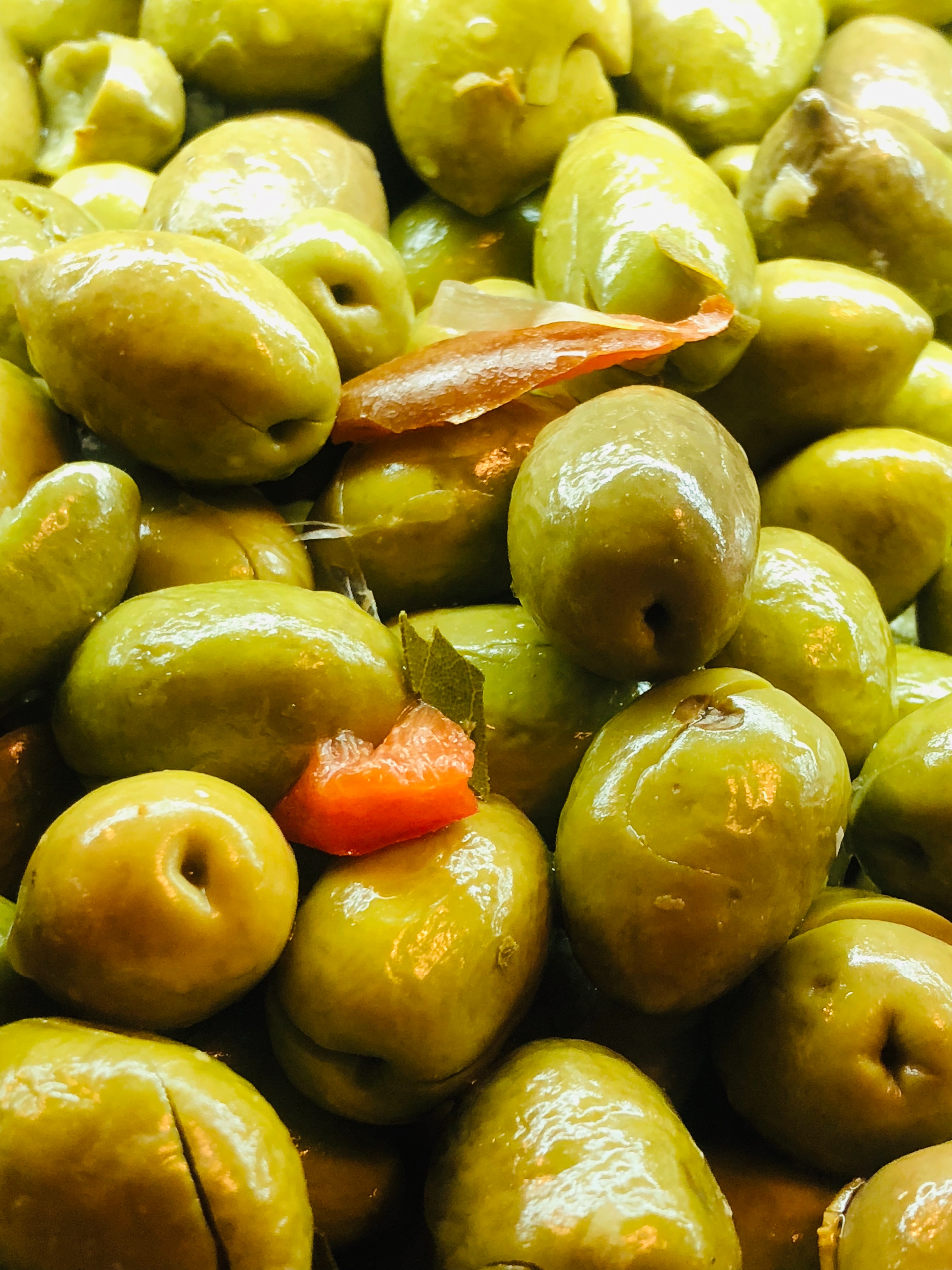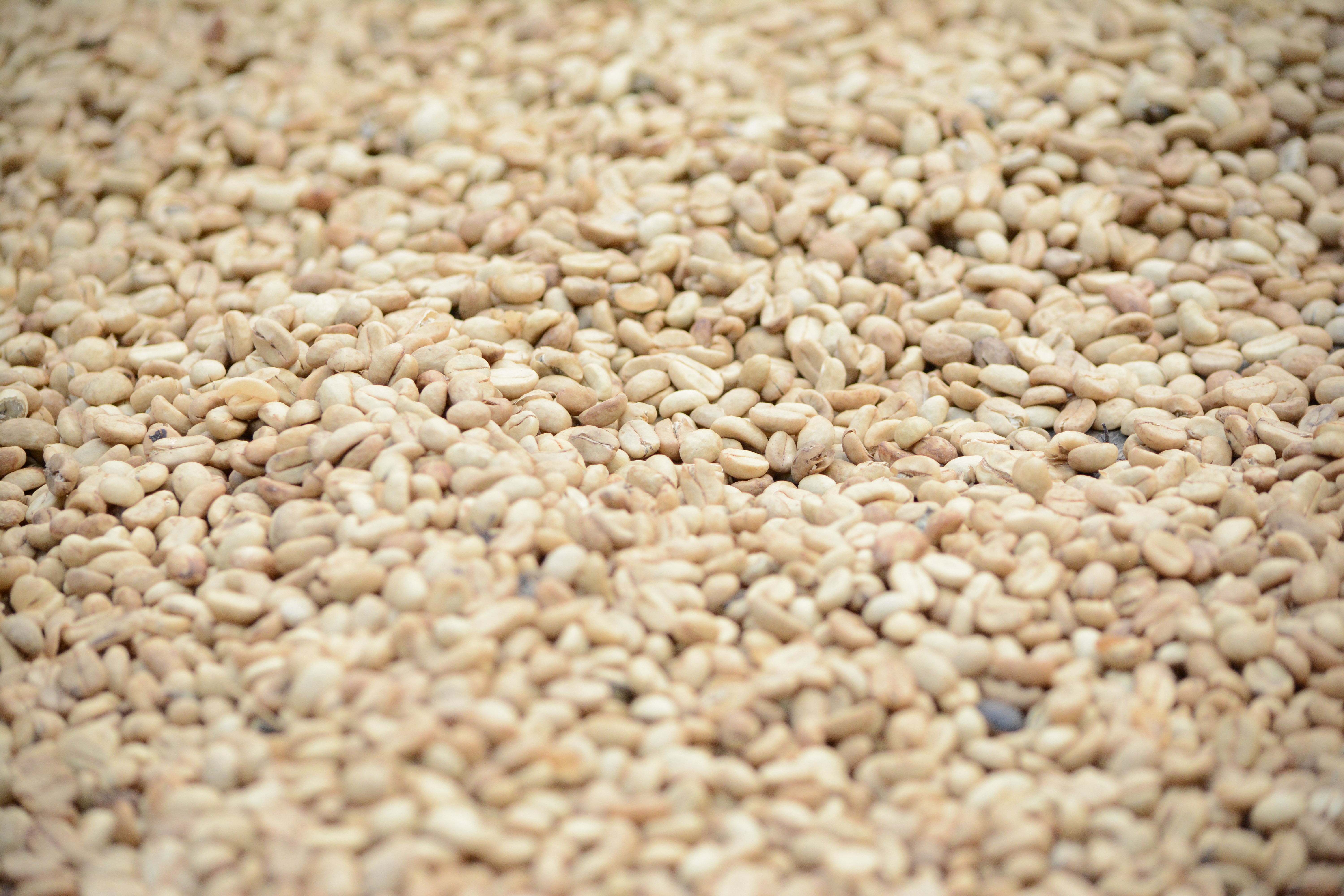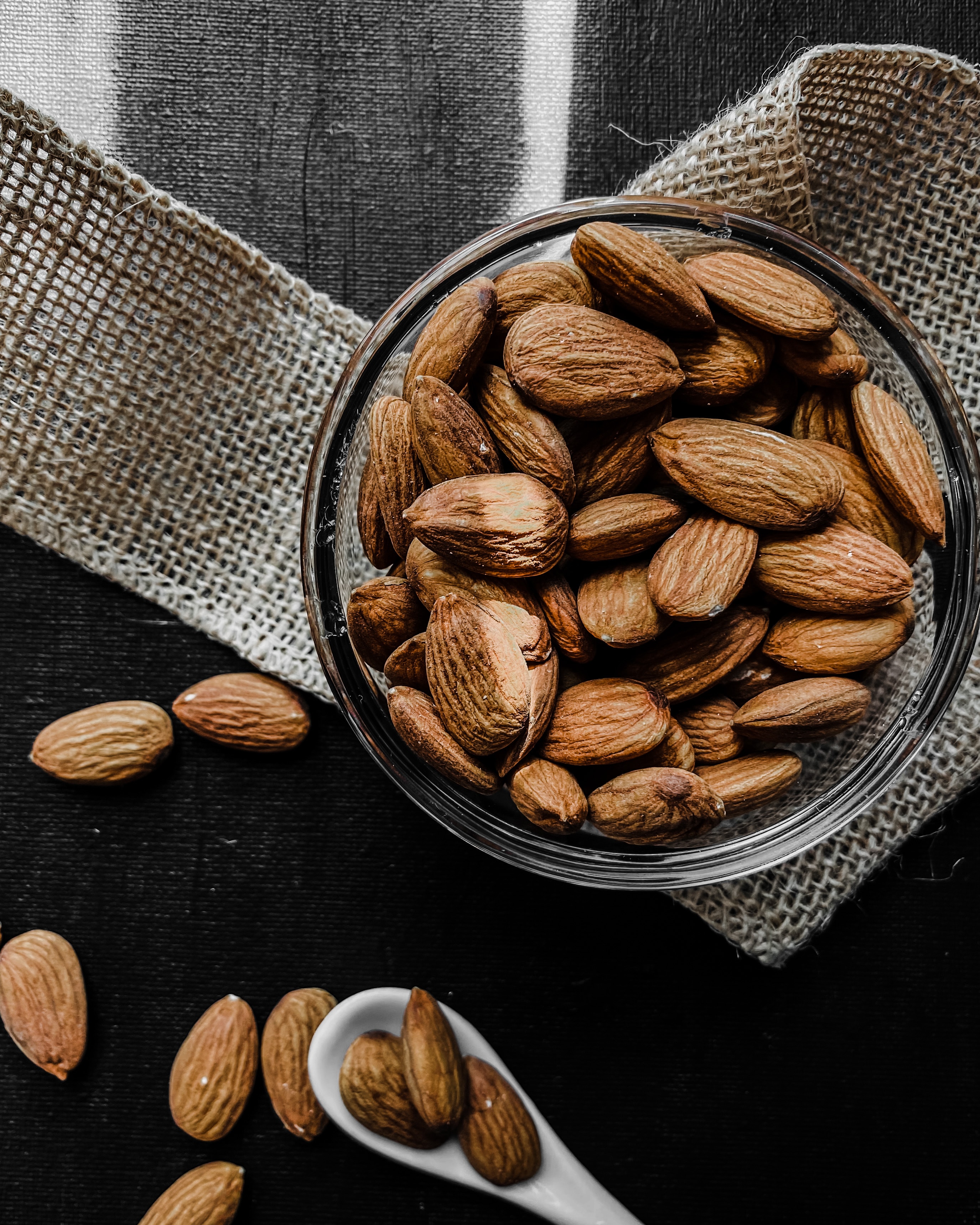Cold Pressed Oils and Haircare
In this article we shall try to see how far cold pressed oils are helpful in hair care. Before that we need to ask the fundamental question
Does hair really need oil?
To understand the importance of oil in hair care we need to understand the chemistry behind healthy hair. Hair is acidic in nature. The pH of hair is between 4 and 5. For hair health the body produces sebum in the scalp, which is vital for maintaining the pH of the scalp and nourishing the hair roots and follicles.
Exposure to elements, chemicals and dust conditions damages the pH of hair and scalp. Washing is also detrimental to hair health. It undergoes what is called as hydration stress because water has a pH of 7. Further when we wash hair with soap or shampoo we use a cleansing agent with pH above 8. All this destabilizes the hair. So to restore hair health we need a topical application of a substance that is acidic in nature. This is where oil comes and contributes significantly to hair health.
Why cold pressed oil?
While every oil is a fatty acid, oils that are cold pressed retain most of the vitamins minerals and other nutrients present in the oil seed. For instance almond oil that is refined or extracted using hexane is very low in vitamin E. However if the same almond oil is cold pressed, then it is one of the richest sources of Vitamin E. Vitamin E has been proven to be very healthy for the scalp and hair.
Armed with his background, let us explore some oils that have been traditionally used in hair care. In Asia it is coconut oil and sesame oil , that are predominantly used for hair care. In Europe it is olive oil, in Africa it is argan oil and in Caribbean & Mexico it is jojoba oil.
Castor oil has become the newest darling of the cosmetic industry, but traditionally in India castor oil, mustard oil, almond oil, coconut oil, sesame oil and peanut oil have all been used very successfully. As we saw earlier it is most important that hair oil be made of a cold pressed oil. Traditionally various herbs have been used to Infuse a base career oil to produce a healthy and medicinal herbal hair oil.
Let us next see how some cold pressed oils benefit hair. These are all based on un-biased scientific research. We have given links to the source of these claims.
Cold Pressed Coconut Oil benefits for hair
Coconut Oil is composed of saturated fatty acids and is one of the richest sources of medium chain fatty acids.
The major fatty acids present are myristic acid, capric acid, lauric acid,[1] and monolaurin.
It also contains phenolic acids and antioxidants such as tocopherol.[2]
Benefits:
a. Saponification – Coconut oil is a good saponification agent and so has been used in shampoos.[3]
b. Antibacterial activity – Monolaurin has shown its efficacy as an antibacterial agent. It acts by disintegrating the lipid membrane of different bacteria such as Propionibacterium acne, Staphylococcus aureus, Staphylococcus epidermidis.[4] Coconut oil in concentrations of 5% to 40% (w/w) exhibited bactericidal activity against Pseudomonas aeruginosa, Escherichia coli, Proteus vulgaris, and Bacillus subtilis.[5]
c. Antifungal activity – Monolaurin exhibits antifungal activity.[6]
d. Emollients –Coconut oil forms a coating over the hair shaft, thereby sealing the cuticle and traps the moisture inside.[7]
e. Lubricant – It provides increased slip in between the hair strands, so detangles the hair, smoothens and flattens the cuticle surface which improves the health and appearance of the strands.
f. Preventing protein loss – Due to its low molecular weight and straight linear chain it is able to penetrate inside the hair shaft thereby, preventing loss of protein from the hair.[9]
Cold pressed Almond Oil benefits for hair
Almond Oil is composed of monosaturated fatty acid, polyunsaturated fatty acid (linoleic acid) and Oleic acid.
It also consists of linolenic acid, stearic acid, palmitic acid.
It is also a rich source of vitamin E.[11]
Benefits:
a. Protection against ultraviolet (UV) damage – Almond oil has fatty acids that are rich in double bonds and hence has shown to protect against UV radiation induced structural damage.[12]
b. Emollient – It has emollient property, and hence can be used to soften and moisturize dry hair.[13]
c. Elasticity – It has been reported to increase the elasticity of the hair as it fills the gap between cuticle cells.[7]
Cold pressed Castor oil benefits for hair

Castor Oil is composed of glycerides of isoricinoleic acid, ricinoleic, dihydroxy-stearic acid, stearic acid,[11] eicosanoic acid, linolenic acid, palmitic, and linolenic acid.
Benefits:
a. Moisturizing effect – Ricinoleic acid and its derivatives present in the oil have moisturizing quality. [14]
b. Nourishing effect – The fatty acids have very good penetrability and have been claimed to provide nourishment to the hair follicle.
c. Germicidal and fungicidal effect – Ricin and ricinoleic acid present in the oil protects the scalp and the shaft of the hair from fungal and microbial infections.
d. Delays Masculine Baldness - In androgenetic alopecia – Ricinoleic acid has been shown to penetrate skin and act as an inhibitor of prostaglandin D2 synthase (PGD2). Ricinoleic acid has a two-dimensional structure, which is very similar to the prostaglandin family and has also been demonstrated to have some degree of effect on hair growth.[16]
Cold Pressed Argan Oil Benefits for Hair
Argan oil is composed of monosaturated (80%), saturated (20%) fatty acids. [13]
It contains sterols, polyphenols, tocopherols, triterpene alcohols, squalene, palmitic, stearic, linolenic, and linoleic acid. [17]
Benefits:
a. Sebostatic – The high oleic acid content has been found to have regulatory effect on sebum secretion. [7]
b. Moisturizing effect – The oil is considered to have a very good water holding capacity. [13]
c. Increase in elasticity – Topical application of Argan oil has shown statistically significant increase in gross elasticity, net elasticity, and biological elasticity at 2 months compared to baseline.[18]
Cold pressed Olive Oil benefits for hair

Olive oil contains arachin, linolein, and palmitin. However, the main component is olein. [19] It also contains sterols, carotenoids, triterpenic oils, and phenolic compounds. The virgin olive oil is a rich source of antioxidants that contains flavonoids, lignans, and secoiridoids. [20]
Benefits:
a. Emollient effect – Olive oil has an emollient function by sealing the cuticle and trapping the moisture inside; however, coconut oil remains superior in this regard. [7]
b. Photo protection – Olive oil is protective against UVB due to the presence of extra virgin olive oil. Hydroxytyrosol, one of the key polyphenolic components of olive oil, has been studied recently for its effects on UV-A induced cell damage and has shown to combat reactive oxygen species (ROS) induced by UV light. [21]
c. Antifungal effect – Olive oil has a definite inhibitory influence on the ability of the fungus Microsporum gypseum and Trichophyton vanbreuseghemii to penetrate the hair. The effect may be specific or purely a result of “mechanical barrier.”[22] A recent study showed the antifungal activity of the aliphatic aldehydes in olives-hexanal, nonanal, (E)-2-hexenal, (E)-2-heptenal, (E)-2-octenal and (E)-2-nonenal-against six strains of Trichophyton mentagrophytes, one strain of Microsporum canis and seven strains of Candida spp.[21]
d. In psoriasis – Olive oil has shown promising results when used in combination with different ingredients. A mixture of honey, olive oil, and beeswax mixture (1:1:1) has demonstrated significant improvement in the symptoms such as redness, scaling, thickening, and pruritis. This is due to its antioxidant action and hydroxytyrosol-induced apoptosis and inhibition of cell proliferation.[21]
Cold pressed Sesame Oil benefits for hair

Sesame oil is composed Palmitic acid, oleic acid, linoleic acid, linolenic acid, gandoleic acid, behenic acid, stearic acid, and arachidic acid. It contains high amounts of sesamolin, sesaminol, sesamin.[13] Sesamol provides stability to the oil.[11] It also contains sesame lignans.[36]
Benefits:
a. Anti-inflammatory properties – The lignans present in sesame oil have anti-inflammatory properties.[36]
b. Antioxidant effect – Sesame oil is resistant to oxidative deterioration because of the presence of endogenous antioxidants such as sesamolinol, sesaminol. A significant in vivo, antioxidant activity of sesamolin came from its metabolites, sesamolinol and sesamol, when sesamolin was supplemented in rats' diet.[37]
c. UV-induced damage – It has been seen in a study done on rats that tocopherol + tocotrienol + sesamin extract significantly reduced the UV-induced damage.[37] It forms a protective coat around the hair, there by preventing hair damage.[38]
d. Anti-bacterial effect – Sesamin has been found to have remarkable antibacterial activity against E. coli, S. aureus, P. aeruginosa, Shigella flexneri. The minimum inhibition concentration for all these organisms were <0.1%. The antibacterial activity of Sesamin is mainly due to bactericidal effect rather than bacteriostatic effect.[37]
e. Moisturizing agent – It moisturizes the hair follicle and prevents dryness. It has enhanced penetration capacity.[38]
f. Hair growth – As the oil has enhanced penetration and reaches up to the hair follicle, it increases the circulation of the scalp, thereby increasing hair growth and reduce graying of hair.[38]
Cold pressed Mustard Oil benefits for hair
Mustard Oil is composed of arachidic, behenic, linoleic, linolenic, oleic, palmitic, erucic, lignoceric, and myristic acid.[39]
It also consists of carotenoids, tocopherol, and sinigrin.[40]
Benefits:
a. Anti-oxidant property – It contains amino acids, cysteine which acts as antioxidant. Cystiene protects the body from free radicals which damage DNA and cell membranes. [41]
b. Acts a sunscreen – Due to its thick consistency and high vitamin E, topical application of oil protects against harsh UV rays. [41]
c. Antifungal: Mustard oil significantly inhibits the penetration of T. mentagrophytes in the hair [42] but is less effective in comparison to coconut and amla oil against the fungus. [25]
d. Antimicrobial – It has a broad-spectrum antimicrobial activity and has shown activity against S. aureus, E. coli, and C. albicans. The action may be due to the presence of phenol, flavonoids, alkaloids, sterols, and terpenes which may be responsible for antimicrobial activity.

_0.jpg)


.jpg)
